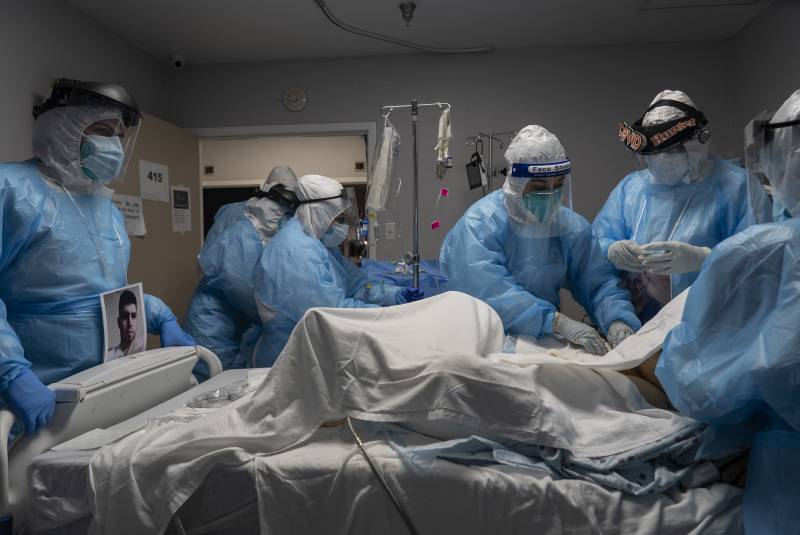The committee’s goals for deploying a COVID-19 vaccine are to “decrease death and serious disease as much as possible” to keep society functioning and to reduce the burden of health disparities, according to the CDC website.
Beyond health care workers, three additional groups are considered by ACIP to be especially vulnerable to COVID-19, based on their exposure or susceptibility to the virus: essential workers, people age 65 and older, and anyone with underlying medical conditions associated with getting seriously ill from COVID-19.
The order of which of those groups would get their first doses — and when — may depend on the particular characteristics of whichever vaccine or vaccines are ultimately approved by the FDA. Such characteristics might include whether a particular vaccine has been demonstrated to be effective in older people, safe in people with conditions such as cancer or heart disease, or safe during a pregnancy. It’s too soon to say which of the possible vaccines might be most suitable for which groups of people, he said.
“We haven’t seen the data yet,” Romero said, because vaccine clinical trials are still underway.
While they wait for that data, the committee members have been reviewing possible scenarios, using tools such as CDC computer models that project the number of lives that would be saved, based on assumptions about how effective a vaccine is and how many people get immunized.
By reviewing these potential outcomes now, the committee hopes to be able to move quickly once a vaccine is authorized. “There will be an emergency meeting of ACIP within 24 to 48 hours after the FDA has made [its] recommendations on the approval,” Romero said.
At that meeting, ACIP members will vote on recommendations on dosage and a list of priority groups, which will become part of public health guidance issued by the CDC to states and territories, on how to vaccinate populations effectively against disease. Those guidelines will also signal the federal government to start shipping vaccine vials out to hospitals and vaccination sites across the country.
“We want shots in arms within 24 hours [of ACIP’s recommendations],” Paul Mango, a top official with the U.S. Department of Health and Human Services, told reporters in a call last month.
The urgency with which the committee intends to move is motivated by the intention to save lives, Romero said — and is free from political influence.
“I’ve had no contact with the [Trump] administration or with pharmaceutical companies influencing my decision,” he said. “No shortcuts should be taken for this vaccine, and it should be scrutinized the same way we would advise any other vaccine for prevention of infectious diseases.”
State health officials are responsible for determining where vaccines should be distributed within their borders. Romero plays a key role regarding that distribution in Arkansas, where he also is health secretary.
“We’ve identified the top 10 hospitals to receive the initial allotment of vaccine,” he said. “And as the vaccine becomes more available, we’ll add more and more hospitals to that list.”
Copyright 2020 NPR. To see more, visit https://www.npr.org.
9(MDAxOTAwOTE4MDEyMTkxMDAzNjczZDljZA004))

9(MDAxOTAwOTE4MDEyMTkxMDAzNjczZDljZA004))
